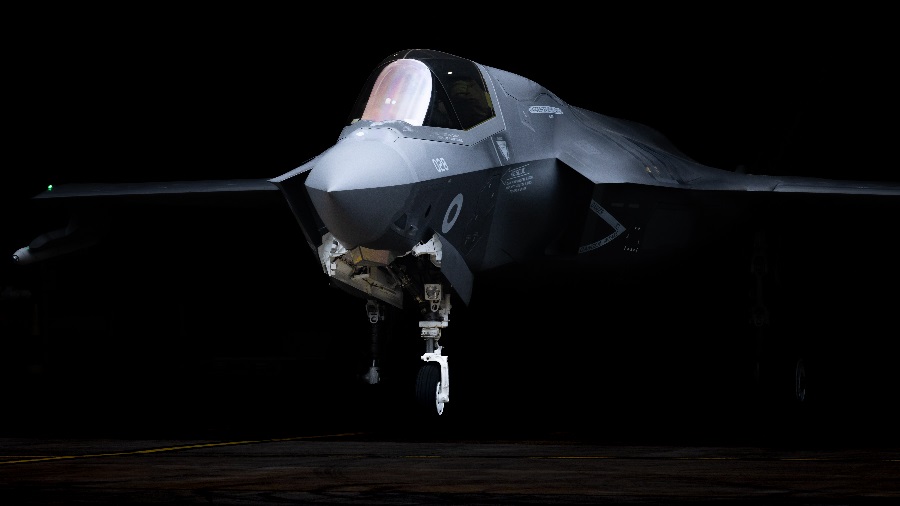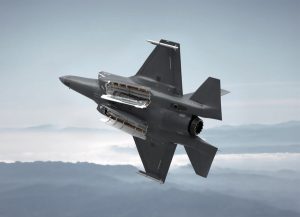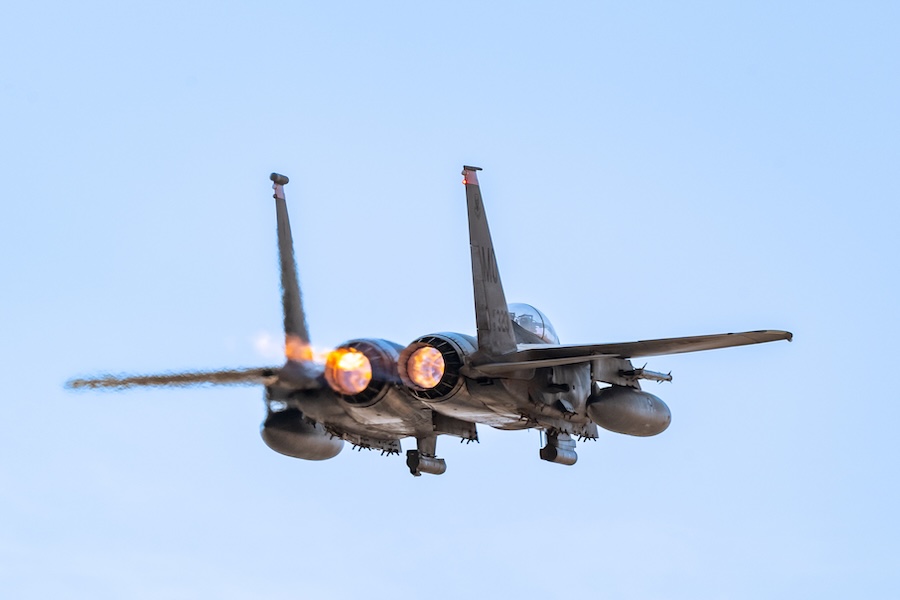In a statement to The Globe and Mail, Fuhr said, “Canada is committed to engaging with global partners to secure the capabilities our military needs, while creating lasting opportunities for Canadian industry and workers.” The statement also confirmed that the talks addressed potential industrial benefits for Canada under Lockheed’s contracts.
Ottawa is contractually bound to buy 16 F-35 Lightning jets, though a broader order for 88 aircraft was put under review in March by Prime Minister Mark Carney. At the time, Carney said he wanted to reassess how defence spending was being managed.
When the contract was first announced in early 2023, it was valued at $19-billion. However, a June report by the federal Auditor-General found the real cost is expected to be around 50 per cent higher, owing to outdated data used in the original estimate.
Reuters reported on 7 August that officials overseeing the review had made a strong case for proceeding with all 88 jets, though no formal recommendation has yet been issued. On 15 August, the Department of Defence told The Globe the review would be completed by the end of summer but did not confirm whether its findings would be published.
Fuhr’s U.S. trip followed his visit to Sweden with Industry Minister Mélanie Joly, where they met Saab executives. Saab, which came second in the Canadian competition, has offered to assemble part of its Gripen E-series jets in Canada if Ottawa decides to diversify procurement.
Meanwhile, Carney concluded a four-day European tour on Wednesday with stops in Ukraine, Germany and Latvia. Defence was a central theme, underscoring his push to deepen security cooperation with allies beyond the United States.
In June, Canada signed a Security and Defence Partnership with the European Union, linking it to the bloc’s ReArm Europe initiative aimed at strengthening defence capacity. Mr. Carney said the deal could open up new procurement and industrial opportunities for Canada.
Canada’s defence sector is closely tied to the U.S., with about 40 per cent of its 600 firms being subsidiaries of American companies. Mr. Fuhr’s focus in Texas, the government source said, was to ensure Canada gains from its dealings with Lockheed through policies like the Industrial and Technological Benefits programme.
Industry representatives, however, have criticised Ottawa’s approach as overly bureaucratic and ill-suited to meet procurement goals. The coming months are set to be decisive, with key announcements expected on submarines, the F-35 purchase, the autumn budget, and a new Defence Industrial Strategy.





















